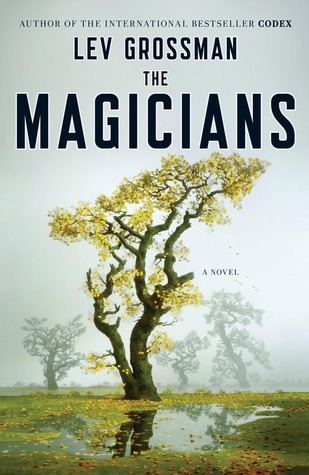The Alchemist by Paulo Coehlo
Original Brazilian edition: Rocco 1988
First US edition: Harper Collins 1993
Translated from Portuguese by Alan R. Clarke
Grade: C-
Summary from Goodreads: This story, dazzling in its powerful simplicity and inspiring wisdom, is about an Andalusian shepherd boy named Santiago who travels from his homeland in Spain to the Egyptian desert in search of a treasure buried in the Pyramids. Along the way he meets a Gypsy woman, a man who calls himself king, and an alchemist, all of whom point Santiago in the direction of his quest. No one knows what the treasure is, or if Santiago will be able to surmount the obstacles along the way. But what starts out as a journey to find worldly goods turns into a discovery of the treasure found within. Lush, evocative, and deeply humane, the story of Santiago is an eternal testament to the transforming power of our dreams and the importance of listening to our hearts.
I've seen The Alchemist on various suggested reading lists for a number of years and finally decided to read it. While the work is incredibly short, and thus I didn't spend too much of my time reading it, I still want that time back. To me, this is one of the most over-hyped books I have ever read.
Essentially, this is a reworking of "The Man Who Became Rich Again Through a Dream" from The Arabian Nights. The difference is that the details are fleshed out with a lot of pseudo-philosophical, pseudo-spiritual nonsense meant to inspire the reader to follow his dreams like the Shepherd. While the style is meant to emulate the sparse style of folktales, Mr. Coelho didn't enrich the original tale with some new insight previously missing from prior incarnations, but instead muddled it. The characters are flat, serving only to spout maudlin dreck found in the types of self-help books endorsed by reality TV stars, and the prose itself is only serviceable, though this may be a translation issue.
I cannot recommend this book. All I can do is hope that my thoughts on it prevent someone else from wasting time.
Original Brazilian edition: Rocco 1988
First US edition: Harper Collins 1993
Translated from Portuguese by Alan R. Clarke
Grade: C-
Summary from Goodreads: This story, dazzling in its powerful simplicity and inspiring wisdom, is about an Andalusian shepherd boy named Santiago who travels from his homeland in Spain to the Egyptian desert in search of a treasure buried in the Pyramids. Along the way he meets a Gypsy woman, a man who calls himself king, and an alchemist, all of whom point Santiago in the direction of his quest. No one knows what the treasure is, or if Santiago will be able to surmount the obstacles along the way. But what starts out as a journey to find worldly goods turns into a discovery of the treasure found within. Lush, evocative, and deeply humane, the story of Santiago is an eternal testament to the transforming power of our dreams and the importance of listening to our hearts.
I've seen The Alchemist on various suggested reading lists for a number of years and finally decided to read it. While the work is incredibly short, and thus I didn't spend too much of my time reading it, I still want that time back. To me, this is one of the most over-hyped books I have ever read.
Essentially, this is a reworking of "The Man Who Became Rich Again Through a Dream" from The Arabian Nights. The difference is that the details are fleshed out with a lot of pseudo-philosophical, pseudo-spiritual nonsense meant to inspire the reader to follow his dreams like the Shepherd. While the style is meant to emulate the sparse style of folktales, Mr. Coelho didn't enrich the original tale with some new insight previously missing from prior incarnations, but instead muddled it. The characters are flat, serving only to spout maudlin dreck found in the types of self-help books endorsed by reality TV stars, and the prose itself is only serviceable, though this may be a translation issue.
I cannot recommend this book. All I can do is hope that my thoughts on it prevent someone else from wasting time.







